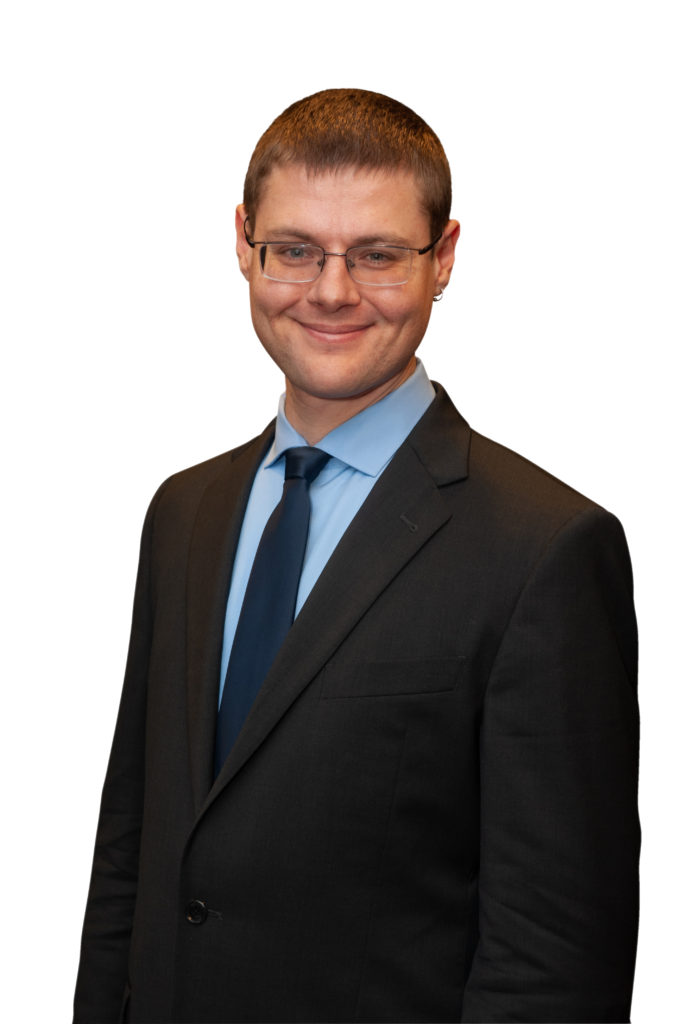
As the global business landscape shifts and evolves, the concept of flexible work has become a focal point for many organizations. Jack Schutzbach, Vice President of Human Resources at Groupe SEB, offers a wealth of experience and insight into the challenges and benefits of flexible work schedules. With nearly three decades in HR, Schutzbach has navigated the terrain both before and after the pandemic. In a recent interview with me, he shared his thoughts on the current state and future of flexible work, emphasizing the importance of office presence for high achievers.
Embracing Flexible Work Schedules
Groupe SEB, like many companies, had to adapt quickly to remote work during the pandemic. “We had essential workers who needed to be on-site,” Schutzbach recalls, “but many others transitioned to remote work and remained so for nearly three years.” This extended period allowed employees to settle into new routines, often far from the office.
The advantages of remote work are clear: “A majority of our team members appreciated avoiding the notorious LA traffic,” Schutzbach notes. Remote work also provided flexibility, which many claimed boosted productivity. From a corporate perspective, the potential to reduce office space and associated costs was an attractive benefit.
The Challenges of Remote Work
Despite the advantages, Schutzbach points out significant challenges. Before the pandemic, remote work at Groupe SEB was limited to specialized roles with proven self-managers. The sudden shift to remote work for all employees exposed varying levels of productivity and self-management skills. “Some jobs are more transactional and easier to monitor remotely, while others require more direct oversight,” he explains.
One of the key challenges has been the unevenness in productivity. Schutzbach emphasizes that measuring performance should not rely on hours logged but on results. “We’ve all heard of employees using mouse jigglers to appear active. It’s not about monitoring screen time but ensuring trust and verifying outcomes.”
The return to office presents hurdles, especially for new hires who miss out on the informal interactions that foster camaraderie and understanding of company culture. “When you work with someone for a long time, disagreements are easier to resolve. Remote work makes it harder to build those relationships,” Schutzbach says.
To address these issues, Schutzbach advocates for regular touchpoints and goal-setting. Weekly or bi-weekly performance reviews help maintain alignment and accountability. “Performance discussions should happen throughout the year, not just during annual reviews,” he asserts. Setting smaller, achievable goals and providing ongoing support can bridge gaps and improve remote performance management.
The Importance of Office Presence
A critical point Schutzbach highlights is the need for physical office presence, especially for high achievers and new hires. “In-person interactions are crucial for brainstorming, mentorship, and building synergies,” he says. Schutzbach suggests a structured hybrid approach where the team agrees on specific in-office days to maximize collaboration and leadership visibility.
Schutzbach described the benefit of being visible to top leaders. “Visibility is key. The informal, ad hoc discussions in hallways or after meetings are invaluable,” he explains. By ensuring leadership presence in the office, high achievers are likely to follow, drawn by the benefits of being around dynamic leaders and the opportunities for growth and learning.
The flexibility of hybrid work naturally sorts employees by their priorities. High achievers who seek career progression are more likely to come into the office, while those prioritizing work-life balance might opt to stay remote more often. Schutzbach acknowledges exceptions, noting that some individuals excel remotely, but he believes most will gravitate towards in-person work to align with company goals and leadership.
The Future of Flexible Work
Looking ahead, Schutzbach believes flexible work is here to stay. “The genie is not going back in the bottle,” he says. Advances in technology have made remote and hybrid work more feasible, but effective leadership training is crucial. “We need to train leaders to manage remote teams without micromanaging. Trust but verify should be the approach.”
Groupe SEB plans to emphasize training and development in the coming year, focusing on equipping leaders to handle both on-site and remote team members effectively. “Training went away during the pandemic, but we’re bringing it back strong,” Schutzbach asserts.
Conclusion
Jack Schutzbach’s insights highlight the delicate balance required to manage flexible work environments successfully. While remote work offers significant benefits, the importance of in-person interactions for high achievers and new hires is indeed valuable. A well-structured hybrid approach, combined with effective performance management and leadership training, can harness the best of both worlds, as I stress to clients when I help them address frustrations with flexible work arrangements. As companies navigate this new landscape, the lessons from Groupe SEB provide a valuable blueprint for fostering productivity, collaboration, and growth in a flexible work environment.
Key Take-Away
Flexible work is here to stay, but in-person office presence remains crucial for high achievers and new hires. A hybrid model, effective performance management, and leadership training are key to success…>Click to tweet
Image credit: Andrea Piacquadio/pexels
Dr. Gleb Tsipursky was named “Office Whisperer” by The New York Times for helping leaders overcome frustrations with hybrid work and Generative AI. He serves as the CEO of the future-of-work consultancy Disaster Avoidance Experts. Dr. Gleb wrote seven best-selling books, and his two most recent ones are Returning to the Office and Leading Hybrid and Remote Teams and ChatGPT for Thought Leaders and Content Creators: Unlocking the Potential of Generative AI for Innovative and Effective Content Creation. His cutting-edge thought leadership was featured in over 650 articles and 550 interviews in Harvard Business Review, Inc. Magazine, USA Today, CBS News, Fox News, Time, Business Insider, Fortune, The New York Times, and elsewhere. His writing was translated into Chinese, Spanish, Russian, Polish, Korean, French, Vietnamese, German, and other languages. His expertise comes from over 20 years of consulting, coaching, and speaking and training for Fortune 500 companies from Aflac to Xerox. It also comes from over 15 years in academia as a behavioral scientist, with 8 years as a lecturer at UNC-Chapel Hill and 7 years as a professor at Ohio State. A proud Ukrainian American, Dr. Gleb lives in Columbus, Ohio.














